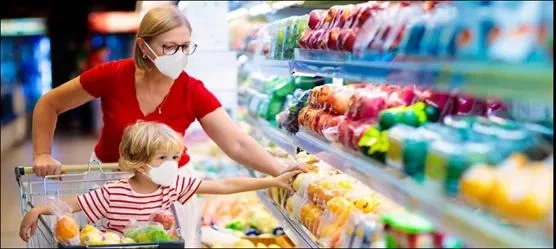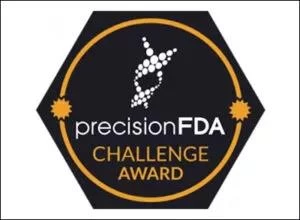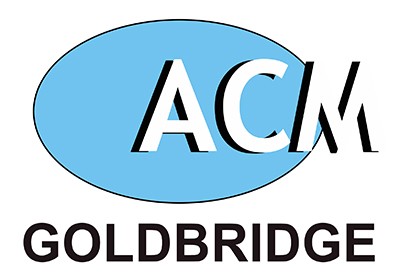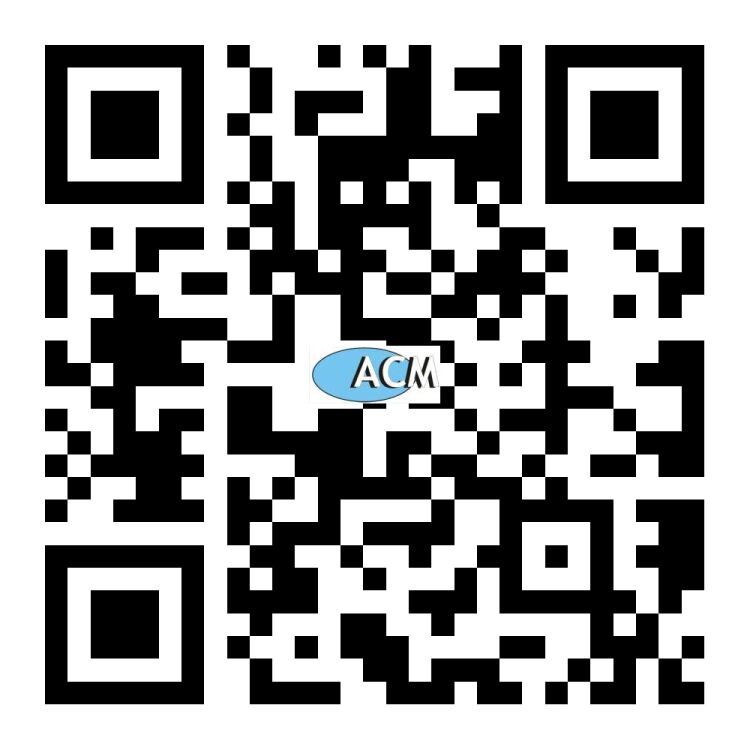Mojix won FDA awards for RFID and IoT food traceability
Mojix's ytem solution allows uniquely-identified product information to be tracked and shared with supply chain members, consumers and others seeking trend data.
This system is different from previous methods that were isolated, decentralized and unable to share data. According to Hélène de Lailhacar, Mojix's global marketing director, the solution was chosen because it is economical and innovative. The ytem system consists of a software platform and a cloud-based repository, which can be shared with supply chain partners and potential customers, enabling them to understand the entire life cycle of food from farm to table.
The FDA’s "challenge" was initiated as part of the 2010 US Competition Reauthorization Act. 90 companies responded to this call for opinions, and the FDA subsequently selected 12 winning companies. The goal is to develop an end-to-end traceability program from the source to the table throughout the food safety process.

FDA Deputy Commissioner for Food Policy and Response, Frank Yiannas, stated in a statement that the FDA has been seeking to help food growers and producers voluntarily adopt tracking technology to meet new regulations and future surrounding food and health and safety. Regulations. The FDA hopes to find a cost-effective solution and has asked developers to develop innovative and affordable solutions for the agricultural and fish markets.
One of the goals of this is to evaluate whether a low-cost or no-cost solution model offsets the benefits of the system for users, and enables food businesses of all sizes to participate in a scalable and cost-effective manner Come in.
Yianna further stated: “The winning solutions are smart, influential, and cover the entire food continuum.” The FDA has considered all solutions that contribute to food traceability and has been shifting some of its focus. To data collection technology solutions to help companies track and trace, so as to respond more quickly to food health problems. For example, Article 204 of its Food Safety Modernization Act was issued in 2011, which deals with the tracking and tracing of food to promote better records and preservation. Subsequently, the FDA proposed its food traceability rules in 2020 in response to the US Congress’s directive on the adoption of additional record keeping requirements.

However, many growers and fisheries do not have technical support. Whether it is harvesting crops in farmland or fishing on a boat, these locations have almost no technical infrastructure available to capture and store information about matters. Elena pointed out that for the FDA, there are more and more regulations related to traceability, and the agency is still working hard to ensure that the industry follows the directive.
But the cost and ease of use of the technology are both obstacles to implementation. Therefore, Mojix proposes a low-cost solution that is open to all relevant members, which brings additional benefits to those interested in data analysis.
Generally speaking, for food that comes from farms or the ocean, producers will put labels on the food containers. The tag can be a barcode, a QR code or a passive UHF RFID chip, and the tag ID will be used to create a virtual identity for all products in a specific container.
For example, the ytem system can track a fish in a container or a specific piece of fish sent to different recipients. Users can scan each tag with a smartphone or use an RFID reader to obtain each unique tag ID to identify the container. Next, the operator will enter relevant data, such as detailed information about the fish in the container, environmental conditions, food weight, or other information.
The data collected in this way will then be stored in the cloud through Mojix's software platform. When each container leaves the supervision of the designated party and enters the warehouse or store, the next person handling the goods can scan or read the label and update the data, while viewing the history of the container.
If the fish in a container is processed or cut into different pieces, each piece of fish can be tracked on the ytem platform. When placing a fish in a new label container with a new destination, the operator will enter new data to associate the two labels. Eventually, these fish can be processed into a can of tuna. The barcode on the can label can be linked to all historical data related to this fish.
Therefore, even consumers can obtain information about the fish by scanning the barcode on the label. Ianna said that the main purpose of Mojix is to provide an open system that can be used by everyone. "We realized that if we were the only ones doing this, we would keep isolated data from the industry, so we proposed an open ytem supply chain so that service providers, food manufacturers, logistics or retailers can all access the supply Chain data."
And Mojix's solution has completed the pilot of the whole life cycle tracking from the producer to the store before the award.
The FDA's "challenge" is also focused on economic benefits, so that food manufacturers will not be burdened with high technical costs. Mojix envisions that the ytem system will be used in a way that allows the technology to pay for itself. The company plans to achieve this goal by providing aggregated data that will arouse the interest of people who are willing to pay for access.
For example, a food company wants to view the output of multiple supply chains and changes in specific food products over time to develop their own production plans; financial markets may pay for information analysis, and consulting companies may be interested in buying data, just as they would Information from the media or analysts is the same.
Mojix speculates that other companies can also derive value from this data to develop their own consumer solutions. For example, French company Yuka provides an application that enables users to view information such as whether products on store shelves are healthy, so that shoppers can make informed purchasing decisions. The data based on the ytem system can further enhance such applications.
After obtaining FDA's approval, Mojix is now part of the agency's technology ecosystem and is seeking partnerships to achieve their goals.



